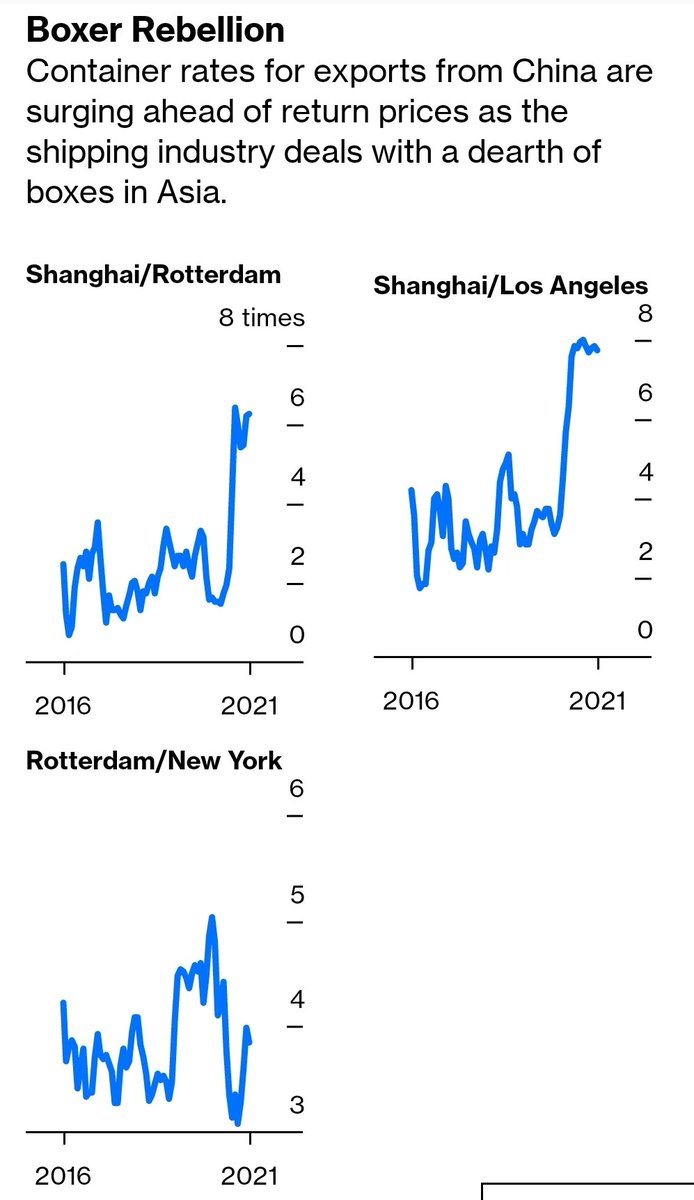
This is ... not a smart way of inducing compliance with lockdown measures from people who are chafing at lockdown measures:
https://twitter.com/tomwconnell/status/1412590745442131973
"Flout the public health orders we're making and you'll get the let-it-rip policy you always wanted."
It only makes sense if you think anti-mask types have the same perception of risk from Covid as the rest of us, so will remain compliant for self-preservation reasons.
Pretty obviously, that's not what's been happening.
Pretty obviously, that's not what's been happening.
Kerry Chant: <spends the best part of an hour trying to encourage compliance to ensure an end to lockdown>
Brad Hazzard: Hey, do what you want and the outcome will be the same, LOL nothing matters.
Brad Hazzard: Hey, do what you want and the outcome will be the same, LOL nothing matters.
• • •
Missing some Tweet in this thread? You can try to
force a refresh






